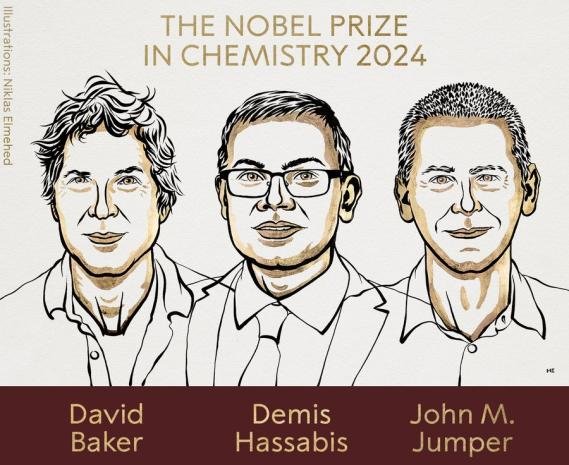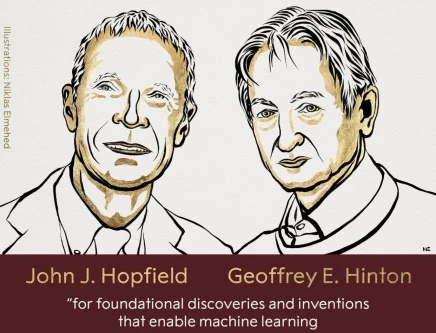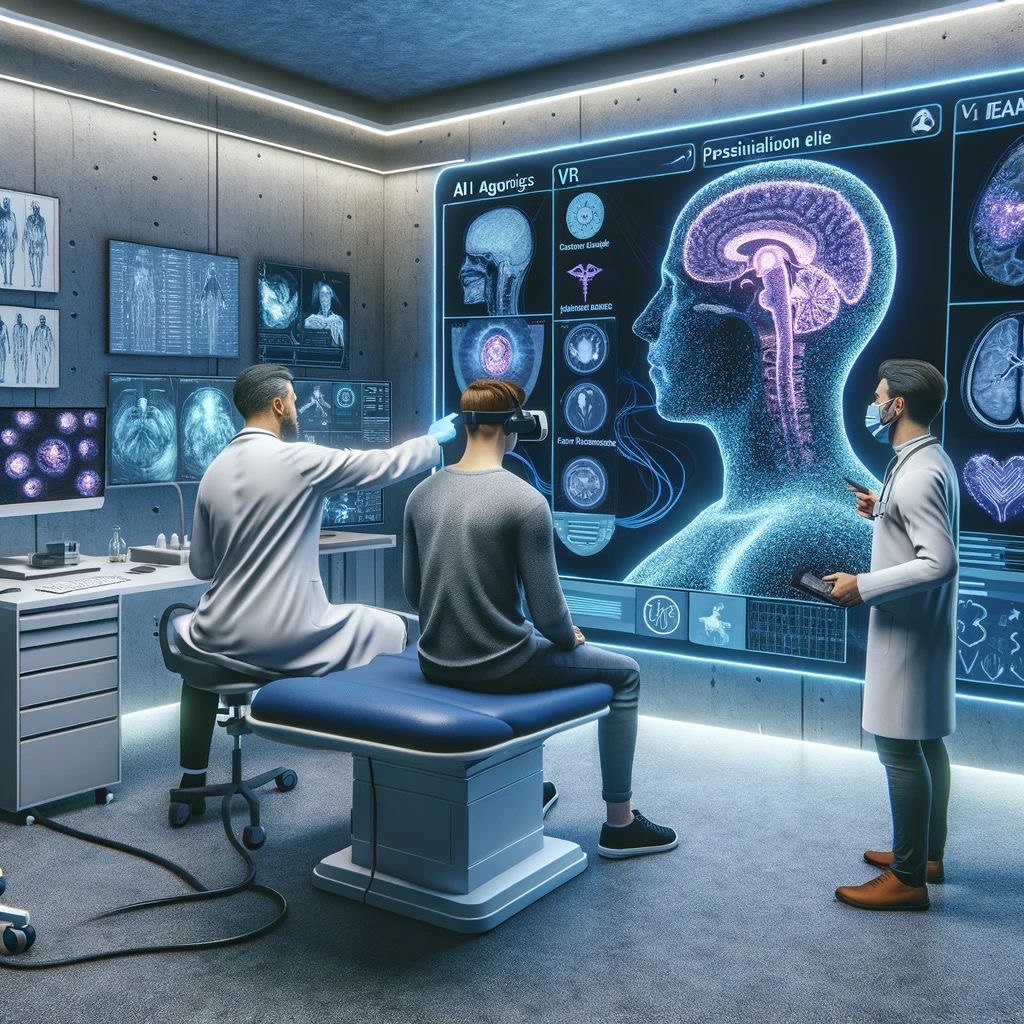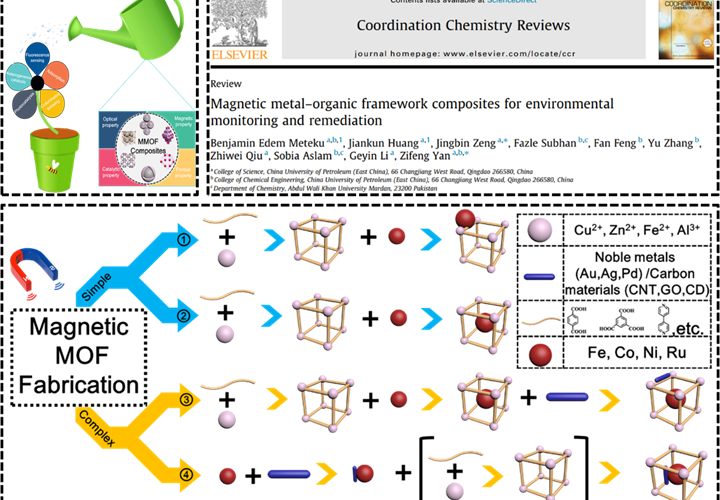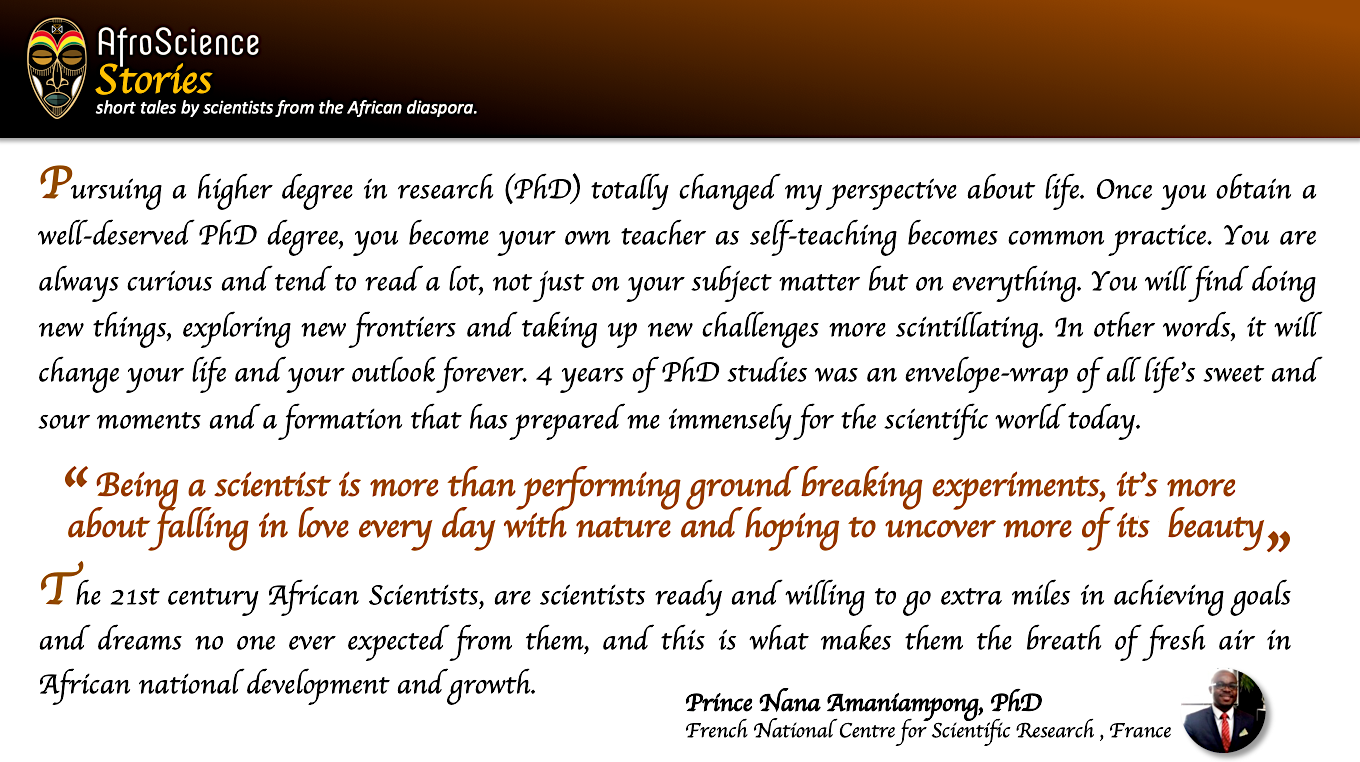The 2024 Nobel Prize in Chemistry celebrates the work of David Baker, Demis Hassabis, and John Jumper, whose groundbreaking use of artificial intelligence (AI) has transformed how we understand proteins—tiny molecules essential for life. Imagine you’re building a puzzle with no picture to guide you. For decades, scientists faced this challenge when studying proteins, trying to figure out their complex 3D structures. These shapes are crucial because they determine how proteins function and, ultimately, how living organisms operate. But solving these puzzles used to take years.
The 2024 Nobel Prize in Chemistry celebrates the work of David Baker, Demis Hassabis, and John Jumper, whose groundbreaking use of artificial intelligence (AI) has transformed how we understand proteins—tiny molecules essential for life. Imagine you’re building a puzzle with no picture to guide you. For decades, scientists faced this challenge when studying proteins, trying to figure out their complex 3D structures. These shapes are crucial because they determine how proteins function and, ultimately, how living organisms operate. But solving these puzzles used to take years.
Hassabis and Jumper’s work at DeepMind, alongside Baker’s decades of research at the University of Washington, led to the creation of AlphaFold, an AI system that predicts protein structures with groundbreaking accuracy. This discovery has transformed the fields of biology and medicine, speeding up research in drug discovery and the fight against diseases like Alzheimer’s. Understanding protein folding has unravelled mysteries of the human body and brought scientists closer to creating more targeted treatments for illnesses that were once thought untouchable.
The Nobel Committee’s decision to award this prize underlines just how crucial this innovation is in today’s world. Beyond academia, it represents a new era where AI partners with scientists to unravel the deepest mysteries of life, ushering in discoveries that could change healthcare and biotechnology forever. For the academic community, this work serves as a reminder that the marriage of technology and biology is driving science toward a future filled with limitless potential.
Citation
Conflict Of Interest
The views and opinions expressed in this article are those of the author, and they do not purport to reflect the policies, opinions, or views of the AfroScience Network platform.
Disclaimer
This article has not been submitted, published or featured in any formal publications, including books, journals, newspapers, magazines or websites.
Be the first to comment
Please login to comment

